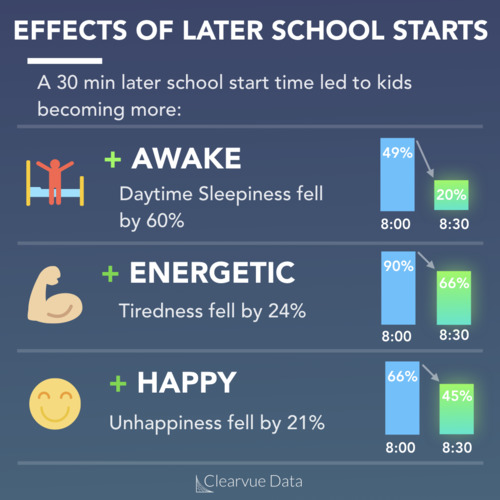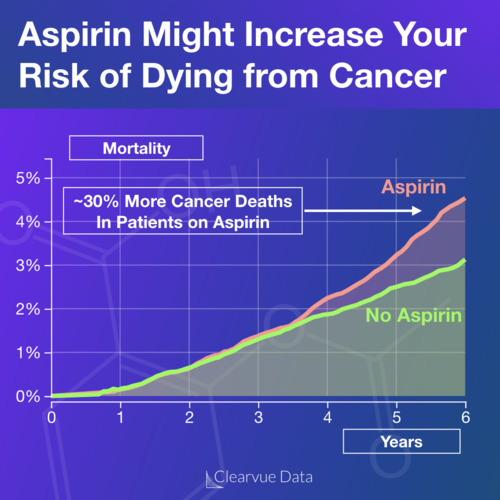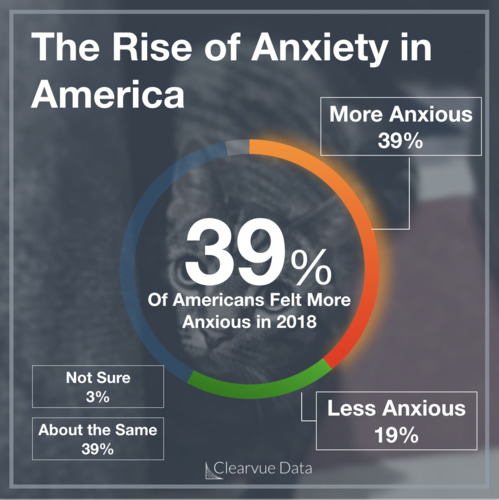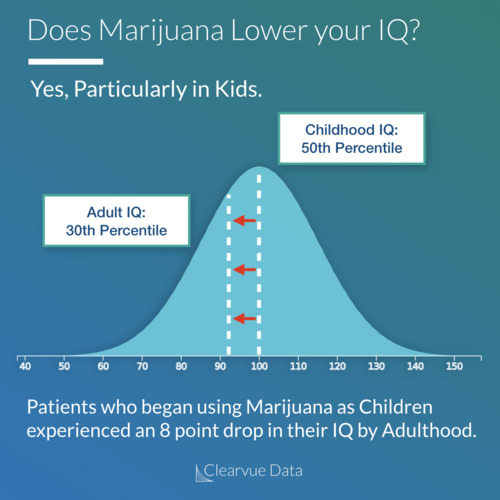Valerian is a tall flowering herb that grows around the world.
It has been used as an herbal treatment since the time of the Ancient Greeks and Romans. Hippocrates, the Ancient Greek physician famous for writing the Hippocratic Oath that doctors take after medical school, is believed to have written about the medicinal benefits of Valerian.
Today, the roots of Valerian plants are harvested and made into teas and capsules. It can be found in almost any supermarket or pharmacy that carries vitamins and supplements, and can be purchased without a prescription.

Valerian is believed to work by increasing GABA, your brain’s own “downer” chemical signal.
More specifically, it may cause brain cells to release GABA, while delaying GABA’s destruction, thus keeping more “downer” chemicals in your neurons connections (Synaptic Clefts).
There have been many studies over the years on valerian. One of the higher quality studies, as shown below, has demonstrated a clear effect in some patients:

However, it only appears to work in certain patients. 2/3rds of the patients who took Valerian did not report an improvement.
Other studies did not show a statistically significant improvement in sleep for patients who took Valerian, meaning that patients who took Valerian did not sleep significantly better than patients who took sugar pills thinking they were taking Valerian.
For the most part, yes. The FDA has classified Valerian as a food additive, under the designation “Generally Recognized as Safe,” putting it in the same category as Basil, Canola Oil, and artificial colors.

Unfortunately, Valerian root has not been studied in pregnant women, breastfeeding women, or young children. Therefore, these patients should avoid taking Valerian if possible, in case there are any negative effects unique to children, infants, and fetuses.
It’s not recommended. Valerian is a sedating herb, it can potentially affect the way your body reacts to alcohol.
Similar to alcohol, patients on anti-anxiety mediations, such as Xanax or other benzodiazepines, should not take Valerian since it could potentially affect how your body responds to the medication.







